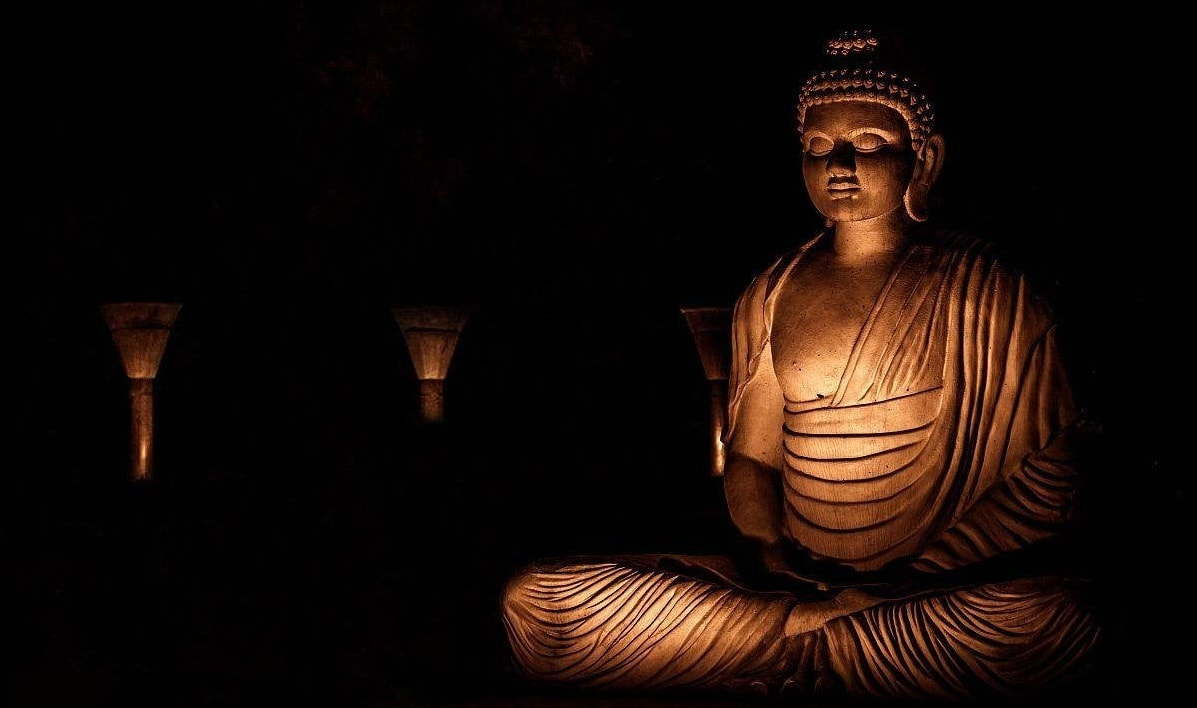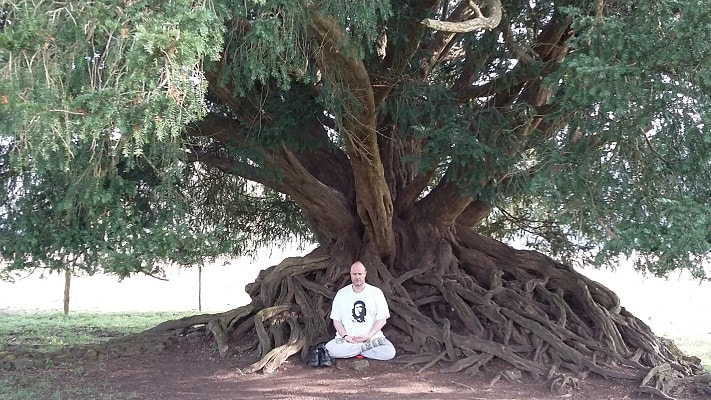A) The Three Evil Acts Associated with the Bodily-Action: 1) Killing 2) Stealing 3) Adultery
B) The Four Evil Acts Associated with Speech: 4) Lying 5) Slander 6) Harsh Words 7) Profitless Talk
C) The Three Evil Acts Associated with the Mind: 8) Greed 9) Hatred 10) Delusion
As Buddhism is a Form of Mental Hygiene – the Following Must Be Uprooted through Meditation:
1) Greed (Abhijjha), 2) Hatred (Vyapada), 3) Ill-Will (Kodha), 4) Enmity (Upanaha), 5) Belittling (Makkha), 6) Pretension (Palasa), 7) Envy (Issa), 8) Jealously (Macchariya), 9) Hypocrisy (Maya), 10) Craftiness (Satheyya), 11) Obduracy (Thambha), 12) Vieing (Sarambha), 13) Conceit (Mana), 14) Haughtiness (Atimana), 15) Infatuation (Mada), and 16) Unheedfulness (Pamada).
As these ‘darken the mind’ they must be ‘uprooted’.
Ten Moral Acts (Dasa Kusala)
1) Giving (Dana), 2) Moral Conduct (Sila), Meditation (Bhavana), 4) Respecting the Worthy (Apacayana), 5) Ministering to the Worthy (Veyvavacca), 6) Offering Merit (Pattidana), 7) Partakingbof Merit (Pattanumodana), 8) Hearing the Teaching (Dhammasavana), 9) Teaching the Dhamma (Dhamma Desana) and 10) Rectification of False Views (Ditthijjukamma).
The reality of living in the material world is entirely a matter of casual circumstance. Most people make their way through life in any way they can, regardless of the inherent conditions (good, neutral or bad, etc). The Ch’an masters in the old days were very strict and did not care whatsoever about casual circumstance. Their main emphasis was only to direct the attention ‘inward’ so that the empty mind ground can be fully cognised and integrated with. There is no gossip or discussion tolerated about the nature of the times, with only ‘looking within’ viewed as a valid approach to existence. The Ch’an masters advised that we must ‘adjust ourselves to circumstance’, whilst the mind is turned inward and the interior of conscious awareness illuminated through continuous concentration. This is the essence of the Buddha’s method. Master Xu Yun (1840-1959) lived an extraordinary life and was involved in very important times in historical development, but he was continuously ‘indifferent’ to what was happening around him, whilst taking every ‘correct’ action that was required at the time. Looking within with strength and purpose is not a denial of material reality, but is the acknowledgement of the Buddha’s method. The Ch’an method is nothing but the direct realisation of the empty mind ground so that it becomes the place of permanent abode – an abode which generates loving-kindness, compassion and wisdom!


 RSS Feed
RSS Feed